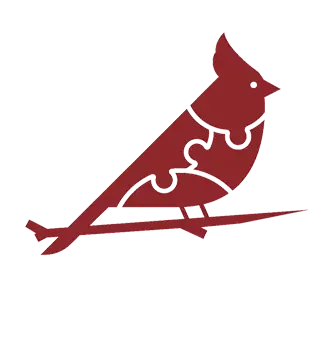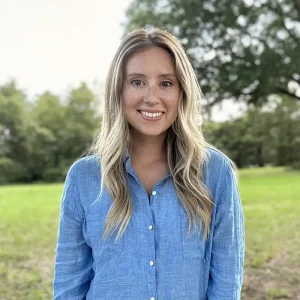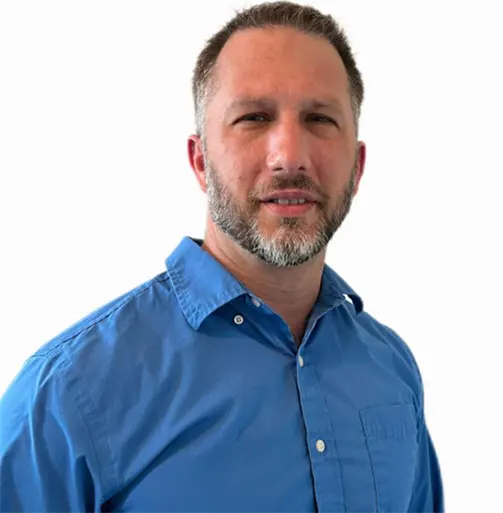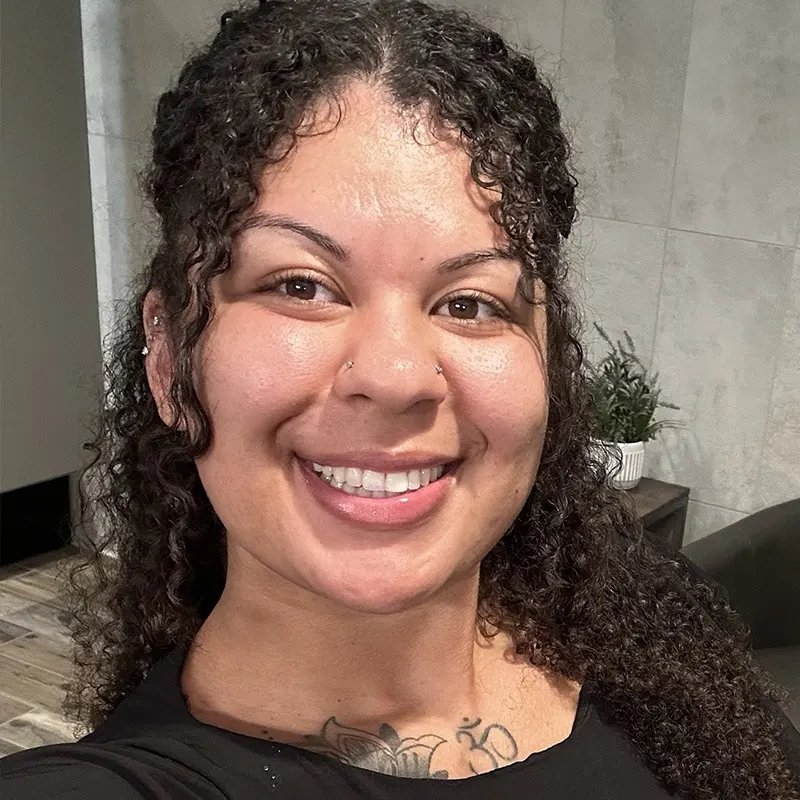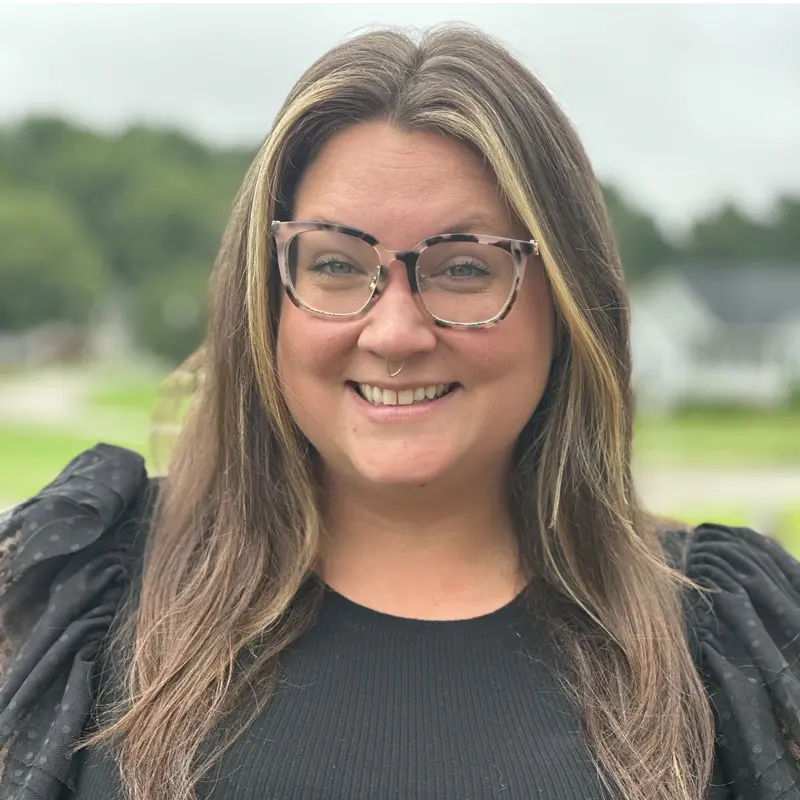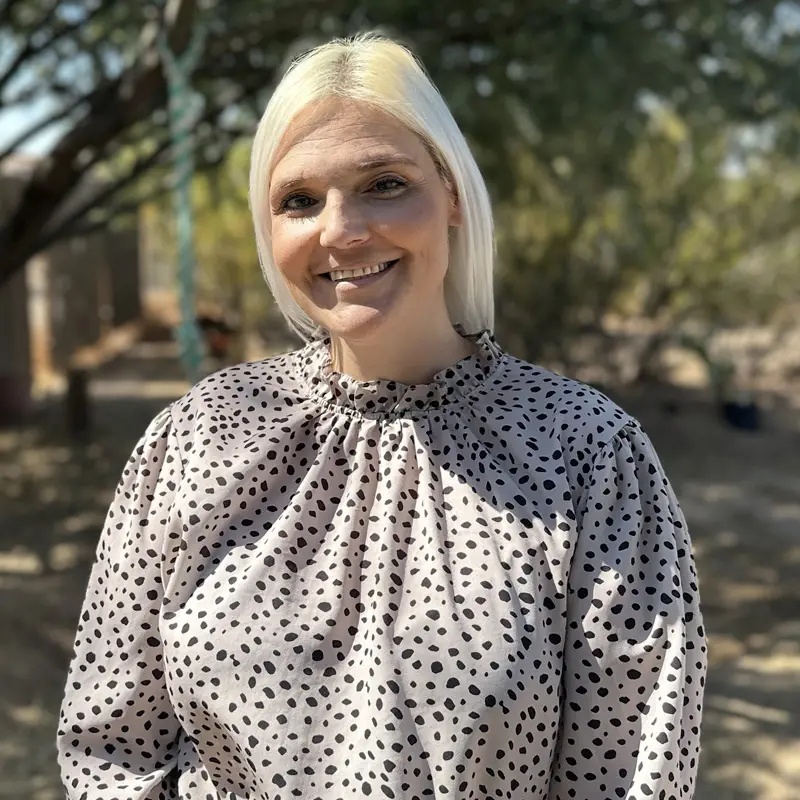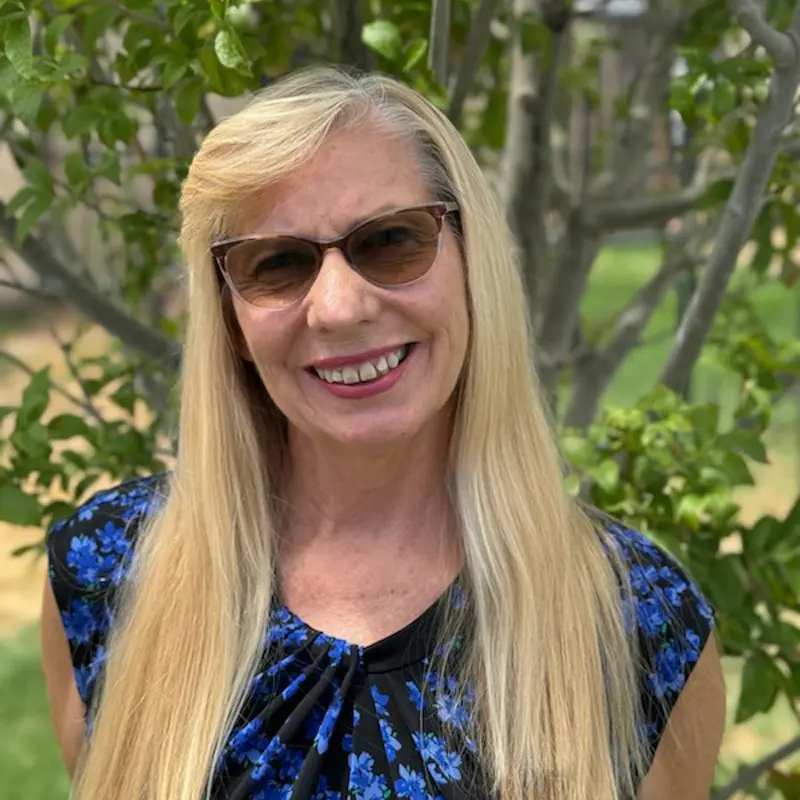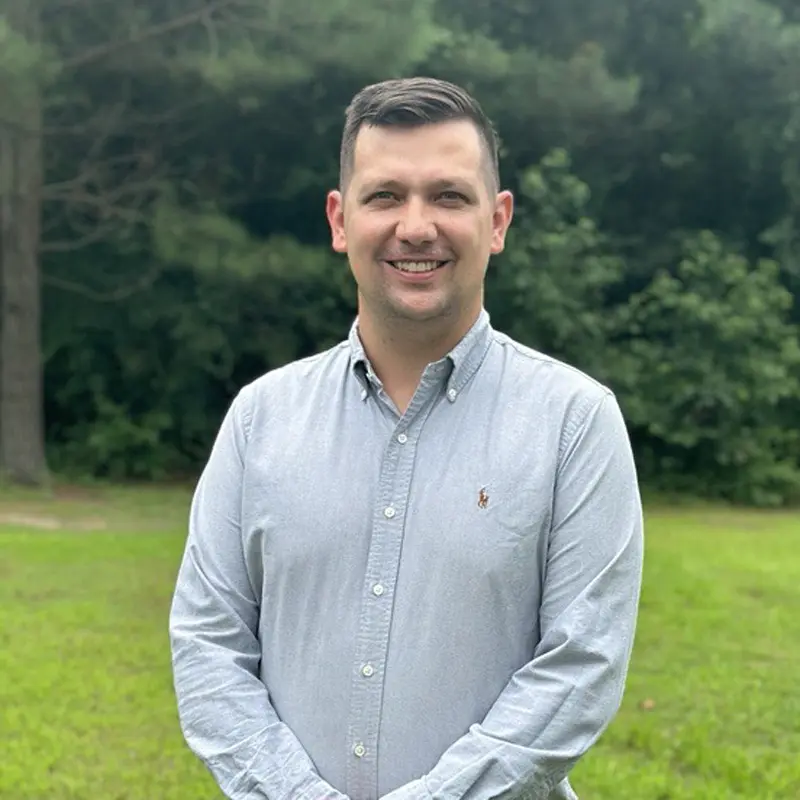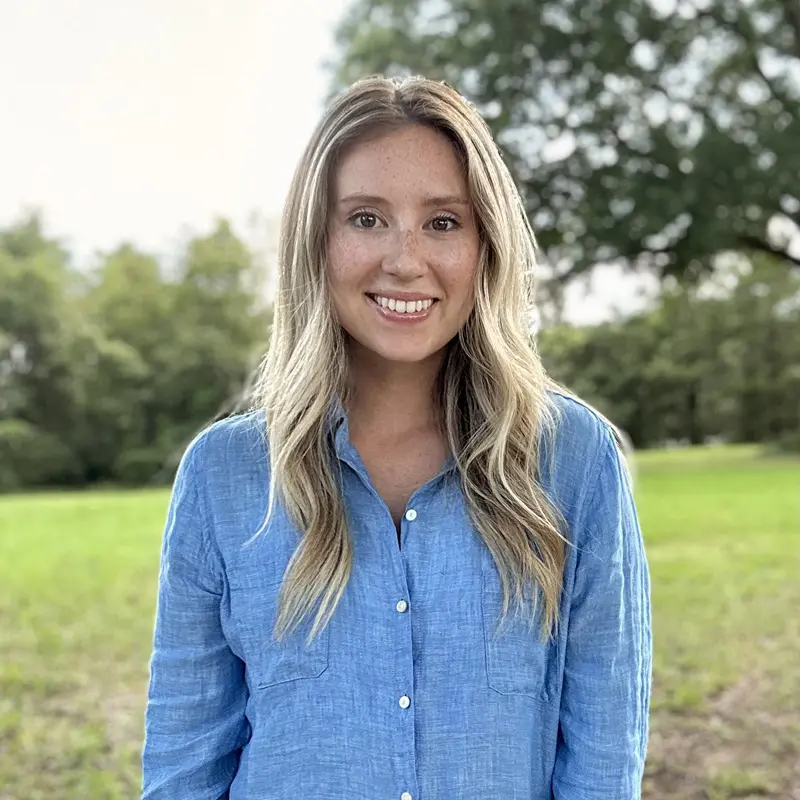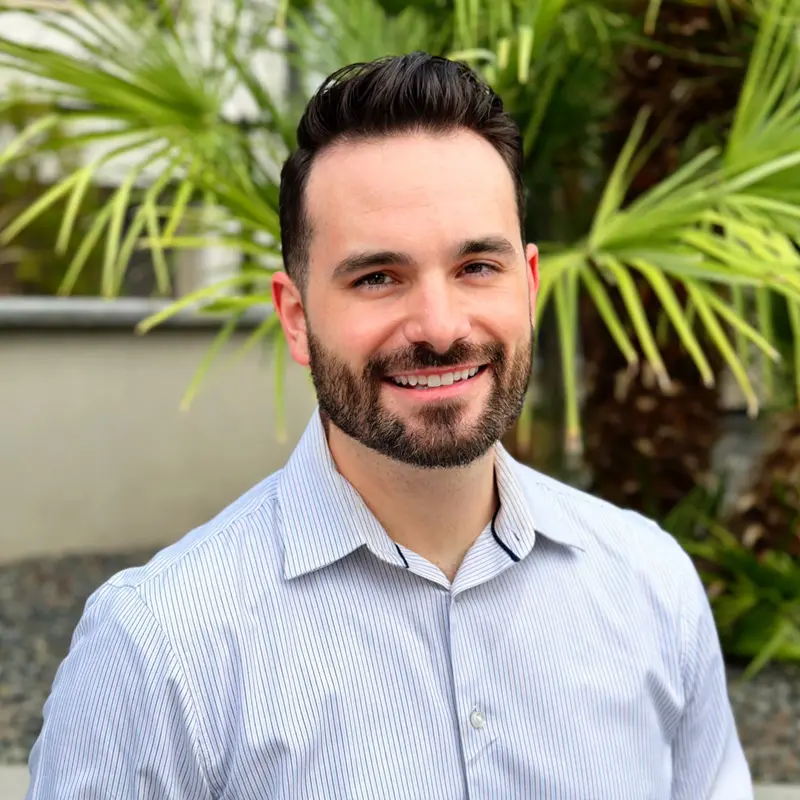When one child in a family is diagnosed with autism, it can affect the entire household, especially siblings. Brothers and sisters may have questions, frustrations, or even feelings of confusion about what autism means and how it impacts their daily lives. Parents often find themselves wondering how to explain autism to siblings of their kid with autism in a way that fosters understanding, compassion, and family unity.
At Cardinal Pediatric Therapies, we recognize that supporting the entire family is crucial to achieving long-term success. While much of our focus is on providing customized ABA therapy to children with autism, we also support parents and caregivers in building strong, informed, and connected family relationships. This includes helping siblings feel seen, heard, and included.
This article offers guidance on explaining autism to siblings at various developmental stages, key messages to convey, and strategies to foster healthy sibling dynamics over time.

Why Talking to Siblings About Autism Matters
Open and honest communication helps reduce uncertainty, resentment, and fear. Siblings who understand autism are more likely to be supportive, less likely to misinterpret behavior, and better prepared to navigate everyday life with empathy.
Here are some of the reasons it is essential to talk to siblings about autism:
- Clarity Reduces Confusion: Children are observant. Suppose they see their sibling receiving therapy, having meltdowns, or requiring more parental attention. In that case, they will try to make sense of it. Without guidance, they may draw incorrect or hurtful conclusions.
- Communication Strengthens Relationships: By explaining autism clearly, you can help siblings develop patience and maintain a loving connection, even during challenging moments.
- Validation Supports Emotional Health: Siblings may feel neglected, embarrassed, or even jealous. Talking openly lets them know these feelings are normal and that they are still important members of the family.
- Inclusion Fosters Resilience: When siblings understand the challenges and strengths of their brother or sister, they become part of a supportive, united family team.
How to Tailor the Conversation to Each Child’s Age
There is no one-size-fits-all script. The way you explain autism should reflect each sibling’s age, maturity level, and emotional needs. Here are general guidelines for age-appropriate conversations.

Young Children (Ages 3 to 6)
At this age, children think in concrete and simple terms. Keep explanations concise and focused on what the reader can see and experience. For example, let’s imagine talking to the younger sibling of a boy with autism:
- “Your brother’s brain works a little differently, so he might not talk or play the same way.”
- “He might get upset if things change because he likes things to stay the same.”
- “He loves you very much, even if he doesn’t always show it with words.”
Avoid technical language. Use picture books, toys, or stories to make the idea more relatable and engaging. The goal is to build a basic understanding and compassion without overwhelming them.
School-Age Children (Ages 7 to 12)
At this stage, children begin to understand more abstract ideas and may have more specific questions. They are also more socially aware and may notice how their sibling interacts differently with others.
You can expand the conversation to include:
- Differences in how people learn, speak, or play
- Why their sibling might go to therapy
- The importance of patience and how to be a helper or friend
Let them ask questions, and be honest if you do not have all the answers. Reinforce the idea that everyone in the family is unique, and all emotions are valid.
Teenagers (Ages 13 and Up)
Teen siblings are more capable of understanding complex ideas, including emotional regulation, neurological differences, and social dynamics. They may have deeper concerns about long-term family responsibilities or peer perception.
For teens, it can help to:
- Discuss autism in scientific terms, if they are interested
- Acknowledge the stress that can accompany having a sibling on the autism spectrum.
- Encourage open conversations about family balance, social situations, and boundaries.
Involving them in discussions about therapy goals or family planning can make them feel valued and respected; however, be cautious not to place adult-level responsibilities on their shoulders.
Key Messages to Communicate About Autism
When explaining autism to siblings, there are specific core messages that should be reinforced over time, regardless of age.
- Autism is not anyone’s fault. Your sibling did not choose to have autism, and no one caused it to happen.
- Individuals with autism experience the world in a unique way. This includes how they react to sound, light, touch, language, and routine.
- Your sibling may not express things the way you do. That does not mean they do not care. Their love and needs may look different.
- Everyone has different strengths and challenges. Just like some people are good at math and others are good at drawing, some brains work in unique ways.
- It is okay to feel frustrated or confused. Your emotions matter, and you can always talk about them.

Use Real-Life Examples and Tools
One of the best ways to help siblings understand autism is to connect the conversation to real-life experiences.
For example, if your child with autism becomes overwhelmed in noisy environments, explain how loud sounds feel to them. You might say, “Imagine if the TV, the vacuum, and five people were all talking at once. That’s what it feels like to your brother when we go to the grocery store.”
You can also use books, videos, or TV shows that include characters with autism. Seeing stories that reflect their family dynamic can help siblings feel less alone and more informed.
Encourage Open Dialogue and Emotional Expression
Talking about autism should never be a one-time conversation. Instead, it should be part of an ongoing dialogue that adapts as your children grow.
Let siblings know they are allowed to ask questions. Create a safe space for them to discuss their feelings, including anger, sadness, or confusion. Reassure them that these emotions are normal and that they are not expected to be perfect siblings.
Some families benefit from family counseling or coaching, especially when sibling relationships become strained. At Cardinal Pediatric Therapies, our team offers parent coaching that includes guidance on navigating sibling dynamics.
Promote Positive Sibling Relationships Without Overloading Responsibility
While it can be heartwarming to see a sibling take on a supportive role, it is essential not to expect them to become a therapist, parent, or caretaker.
Encourage shared activities that both children enjoy, such as drawing, puzzles, or outdoor play. Celebrate their bond while maintaining healthy boundaries.
Ensure that each sibling has opportunities for one-on-one time with parents, engages in personal hobbies, and participates in social activities outside the home. Every child deserves space to develop their identity.
How Cardinal Pediatric Therapies Supports the Whole Family
At Cardinal Pediatric Therapies, we know that raising a child with autism affects the entire family. That is why our services are designed with family collaboration in mind.
We offer:
- In-home and in-clinic ABA therapy focused on real-life skill building.
- Parent coaching to help families reinforce routines, manage challenges, and strengthen bonds
- Classroom readiness programs that support both academic and social development
- Supportive strategies for managing sibling interactions, communication, and emotional health
With locations in Arizona and North Carolina, our experienced team partners with families to ensure that every child, sibling, and caregiver feels empowered and supported.

Get Started With ABA Therapy Services Today!
Explaining autism to siblings can feel like a delicate balance. You want to protect their emotional well-being while helping them understand the unique needs of their sibling. With age-appropriate communication, patience, and support, siblings can develop stronger relationships and become lifelong allies.
At Cardinal Pediatric Therapies, we are here to support you every step of the way. From early diagnosis through long-term growth, our team is committed to helping your entire family thrive.
Contact us today to get started with ABA therapy services!

